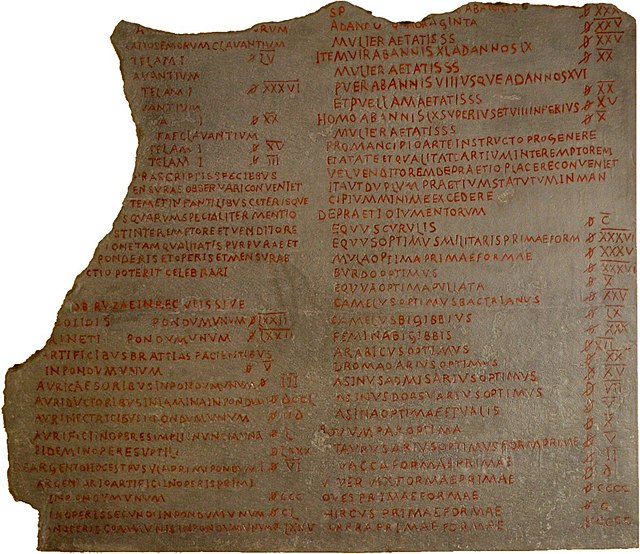Infinite photos and videos for every Wiki article ·
Find something interesting to watch in seconds
Countries of the World
Celebrities
Largest Palaces
Ancient Marvels
Tallest Buildings
World Banknotes
Presidents
Great Artists
Richest US Counties
Wonders of Nature
Recovered Treasures
Crown Jewels
History by Country
Orders and Medals
British Monarchs
Great Museums
Sports
Best Campuses
Rare Coins
Largest Empires
Supercars
Animals
Great Cities
Wars and Battles
Famous Castles
Kings of France
more top lists






